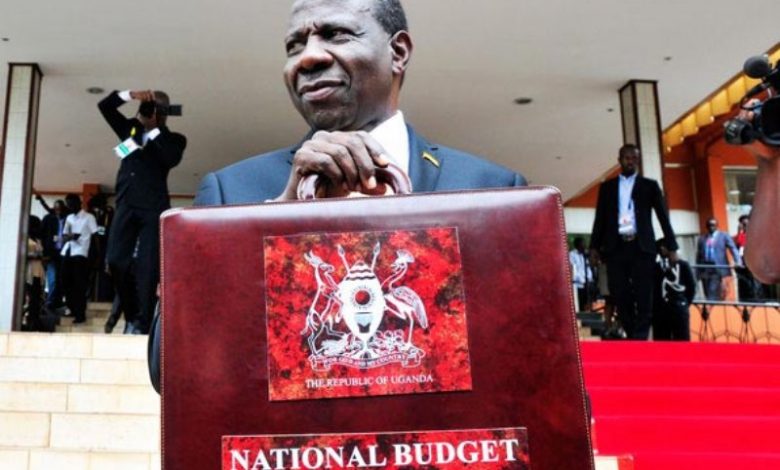How local voices are driving the 2025/26 national budget
In what is being hailed as a landmark moment for public participation and budget transparency, the Ministry of Finance, Planning, and Economic Development is hitting the road, conducting countrywide consultations with local governments.

As Uganda embarks on its next ambitious journey of economic transformation, a quiet revolution is taking place across the country.
From the busy streets of Kampala to the tranquil hills of Kabale, local leaders and community members are preparing for an unprecedented opportunity: the chance to influence the nation’s 2025/26 National Budget.
For years, national budgets have been shaped in the capital, far removed from the voices of local communities. But this year, things are different.
In what is being hailed as a landmark moment for public participation and budget transparency, the Ministry of Finance, Planning, and Economic Development is hitting the road, conducting countrywide consultations with local governments.
Starting Monday, September 16, 2024, these regional workshops will bring together leaders from Lira, Jinja, Mbale, Masaka, Hoima, Fort Portal, and beyond, ensuring that every corner of the country has a say in the future.
For the first time in Uganda’s history, the voices of local communities will echo through the corridors of power, shaping a budget aimed at growing the economy tenfold to $500 billion by 2040.
Local Perspectives in National Planning
The Ministry’s move to conduct regional consultations isn’t just about policy—it’s about inclusion. “For too long, local governments felt sidelined in the national budget process,” said Dr. Moses Kakuru, a budget analyst in Kampala.
“This initiative is a step toward decentralizing power, allowing local leaders to identify the unique challenges in their regions and contribute solutions.”
The discussions will center on key areas like local economic growth, service delivery standards, and budgeting for improved results. With a focus on the fourth National Development Plan (NDP IV) and the tenfold growth strategy, this consultation tour is designed to tailor national development goals to the realities faced by Uganda’s diverse regions.
“These consultations are crucial,” said Sarah Lwanga, a community leader in Bweyogerere, “Local governments are the front line of service delivery. If we don’t get a seat at the table during budget planning, how can we ensure the needs of our people are met?”
In many parts of Uganda, the challenge isn’t just about growing the economy—it’s about ensuring that growth is felt in every household.
For years, economic gains have largely benefited urban centers, while rural areas struggled with inadequate infrastructure, poor healthcare, and limited access to education. The government’s 2025/26 budget consultations aim to change that by focusing on local needs and priorities.
One of the key goals of the 2025/26 budget is to align national planning with the daily struggles of ordinary Ugandans.
“We are talking about a people-centered budget,” explains a senior official at the Ministry of Finance who preferred anonymity. “We want to know how local governments can boost economic activity, improve service delivery, and address the unique challenges they face.”
In places like Gulu, where recovery from conflict has been slow, leaders are eager to discuss how the budget can improve access to basic services like clean water and education.
Meanwhile, in Kabale, farmers hope to address issues of agricultural productivity, while coastal communities in Masaka want to focus on infrastructure development and flood prevention.
This nationwide consultation process isn’t just about gathering ideas—it’s also about fostering accountability.
By engaging local governments in the budget process, the Ministry is empowering communities to hold the government accountable for how funds are allocated and spent. It’s a move that many hope will lead to more efficient service delivery and reduce corruption at the local level.
The Ministry’s budget strategy for 2025/26, coupled with these regional consultations, is part of a broader vision to make the budgeting process more inclusive, transparent, and responsive to the needs of the people.
This aligns with the government’s larger goal of achieving sustainable, inclusive growth that benefits all Ugandans—not just a privileged few.
With the potential to shape Uganda’s economic trajectory for decades to come, these consultations are more than just workshops—they are a critical part of a new approach to national planning.
An approach where local voices matter, and where Uganda’s development is truly driven by the people.







